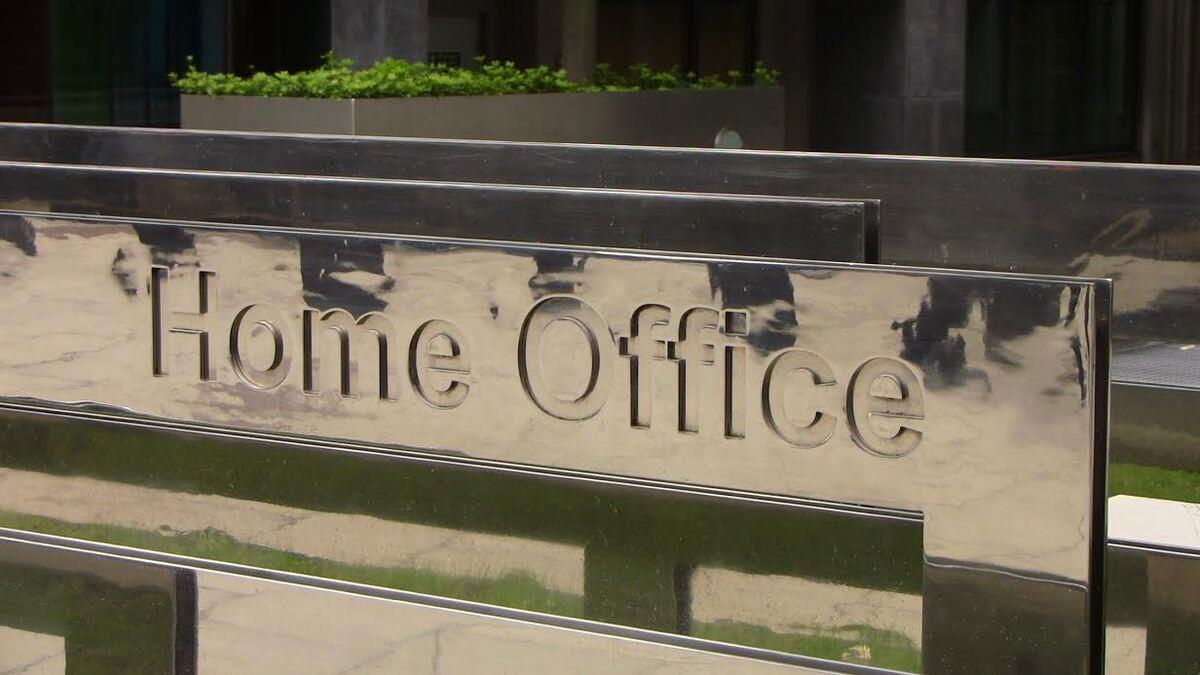You may hear many people refer to CRB and DBS checks when discussing criminal record checks. But what do these terms mean? And what’s the difference between a CRB and a DBS Check?
For an overview of the different types of checks, and what’s best for you, we’ve created this simple guide to the different terms.
What is a CRB check?
A CRB check refers to a Criminal Records Bureau check, which were introduced by the Home Office. These checks were in operation until the process was streamlined with the introduction of the Disclosure and Barring Service (DBS). CRB checks were a revolutionary service that provided detailed reports of an applicant’s criminal record history, using the Police National Computer to check for criminal records.
When did CRB checks start?
Criminal Record (CRB) checks were launched in 2002 to protect vulnerable groups by screening anyone they may come into contact with during employment situations.
What is a DBS Check?
A DBS check refers to a check offered by the DBS, a Home Office sponsored non-departmental public body. The DBS was created through a merge of the Criminal Records Bureau and the Independent Safeguarding Authority (ISA).
When did DBS checks start?
DBS checks started in 2012 following the merge of the CRB and the ISA. The CRB had dealt with all criminal record searches and the ISA had managed the Adults and Children’s Barred Lists; previously known as ‘List 99’. The DBS then took control of both.
Differences between CRB and DBS checks
What’s the difference between a CRB and a DBS check? Well, the truth is — not much really. Put simply, there is no great difference between these two checks. They simply refer to different criminal record checks that have been offered over the years.
The term ‘CRB check’ is still used commonly today for criminal record checks, and many people may still have a CRB certificate. However, these checks can no longer be requested in their previous format.
Why did the CRB and ISA merge?
The merge was designed to streamline the process, so that the DBS now issues a criminal record check alongside a check against the children’s or vulnerable adults’ barred list, as needed. Previously, this process had been done separately between the CRB and ISA.
How did this affect CRB and DBS checks?
The changes haven’t affected checks greatly. It’s no longer possible to apply for a CRB check, but the same information will largely still be included in a DBS check.
As part of the introduction of the DBS, some legislation regarding eligibility for the higher-level checks has been amended, and is continually updated. To confirm whether you or an employee is eligible for a higher level of DBS check, you can use the DBS eligibility tool.
CRB checks are still technically valid as, like DBS checks, they have no official expiry date. However, it’s at the employer’s discretion how regularly they want new checks to be completed. They may have to follow guidance from a regulatory body in terms of how often new checks should be requested.
In addition, legislation may have been updated which has affected an individual’s eligibility for a check. For instance, an employer may no longer be entitled to view a CRB certificate if legislation has altered the individual’s eligibility for a higher level of check. To confirm any legislative issues, we recommend contacting the Disclosure and Barring Service.
What changed for barred list checks?
As highlighted above, the formation of the DBS in 2012 meant that it took over control of the barred lists from the ISA.
This means that enhanced DBS checks (the highest level) can now include barred list checks as part of the same application, if the applicant is eligible for these checks.
If an applicant is engaging in regulated activity with children and/or vulnerable adults, then they’ll be eligible for a check against the children’s and/or vulnerable adults’ barred list, as applicable.
This check involves a cross-reference of their information against the list/s of people barred from working with these vulnerable groups.
Get DBS checks with uCheck!
So, if you’re wondering whether you need CRB and DBS checks, these are the key points to remember:
- CRB checks are no longer offered. However, people still use the term to refer to criminal record checks.
- If you’re legally eligible for a criminal record check based on your job role, it’s a DBS check that you’ll need to request – but only employers can request higher-level DBS checks.
- Legislation has changed in the transition from CRB to DBS – check with the DBS to confirm which level of check is most suitable for your job role.
Be sure to get in touch with us if you have any further questions. You can apply for a number of DBS Checks through our simple online platform – most checks are completed within 48 hours. Get started now.







